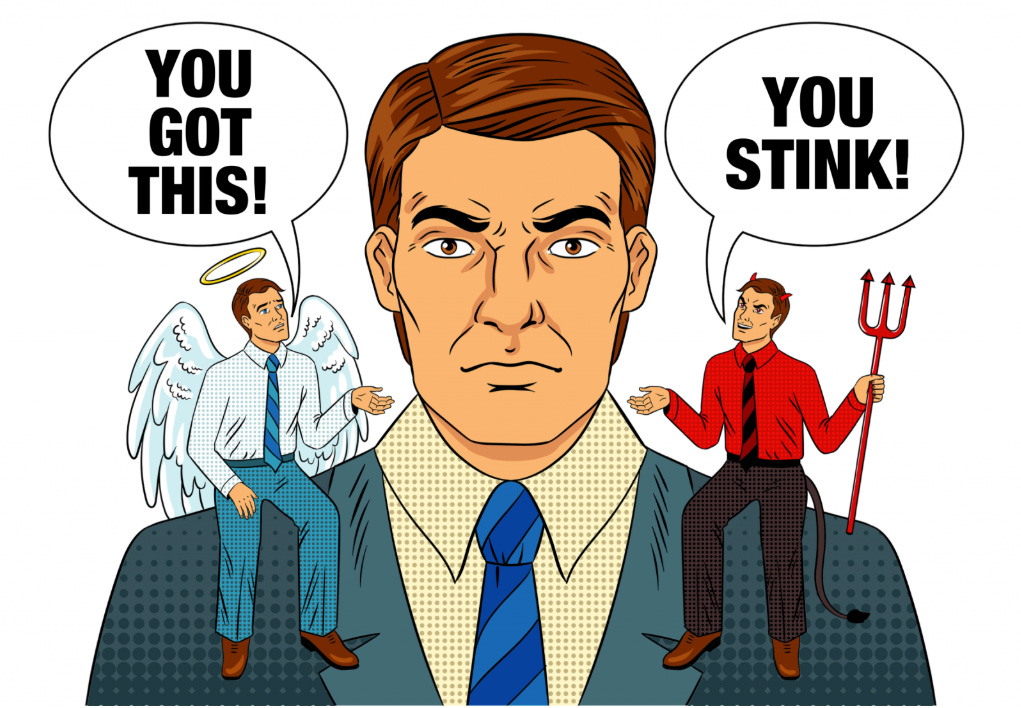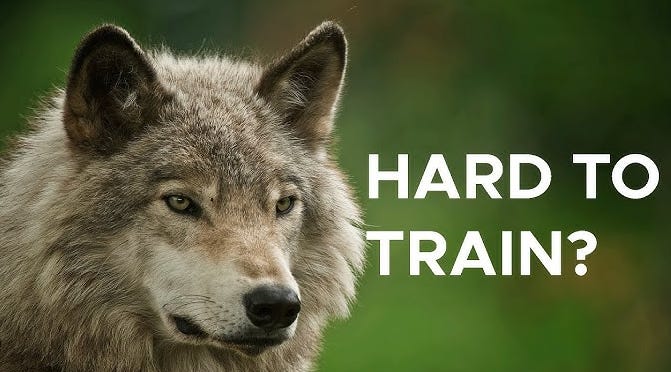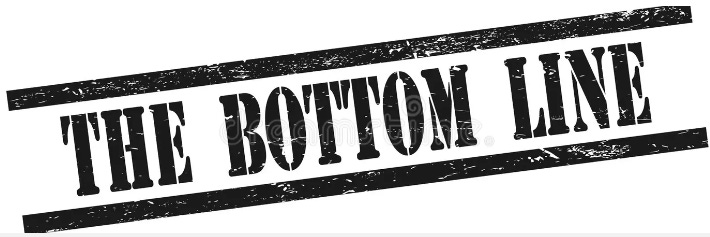Anne Lamott once wrote, “My mind is a bad neighborhood I try not to go into alone.”
I know what she means. Maybe you do, too.
Many of us live with an inner critic who is—let’s be honest—a terrible roommate.
It second-guesses our choices, undercuts our efforts, mocks our abilities, and replays that awkward thing we said in 2019.
If an actual human did this, we’d call them toxic and cut them out of our lives. Yet we put up with it because the critic lives in our heads.
Why It Matters
Psychologists call this “self-talk,” but really it’s the running commentary in your head that impacts your self-image, influences your decisions, and shapes your future. Studies show that this voice affects your mood, your motivation, and even your performance under pressure.
When the voice is harsh, you don’t just feel bad, you start acting small. You avoid opportunities, play it safe, and assume failure is inevitable. Left unchecked, critical commentary becomes a self-fulfilling prophecy of contraction and dis-ease.
On the flip side, a constructive inner voice is expansive and generative. It isn’t about fake positivity or chanting mantras in the mirror. It’s about having a coach in your head—realistic but supportive—who helps you recover from mistakes and keep moving and building. And celebrating your wins, no matter how small.
The Two Wolves
There’s an old Cherokee story: a grandfather tells his grandson that two wolves live inside us, locked in constant battle. One is fear, doubt, envy, and self-hatred. The other is love, confidence, kindness, and resilience.
The boy asks, “Which wolf wins?”
The grandfather replies: “The one you feed.”
That’s the deal with self-talk. Every time you indulge the critic, you’re feeding the wrong wolf. Every time you practice constructive self-talk, you’re strengthening the wolf that has your back.
Meet the Critic
The critic has a few predictable traits:
Relentless: it comments on everything—your productivity, your relationships, your diet.
Selective amnesia: it forgets your wins instantly but remembers your failures forever.
Physically corrosive: your body reacts to self-criticism as if you’re under attack. Cortisol spikes, anxiety hits, sleep tanks, muscles tighten, immunity dips. It’s like being chased by a tiger, except the tiger is you trash-talking yourself.
Meet the Coach
The coach is the other wolf. It doesn’t deny reality or sugarcoat mistakes. Instead, it reframes setbacks, reminds you of progress, and celebrates small wins. It says things like:
“Start small, build big.”
“Progress, not perfection.”
“Failure is feedback.”
This voice doesn’t coddle you—it just promotes you.
Training the Right Wolf
You can’t evict the critic entirely, but you can starve it—and feed and train the coach instead. Here’s how:
Catch the Critic in the Act
Awareness is the first rep. Start noticing phrases like “I’m so stupid” or “I’ll never stick with this.” Label them: “That’s the critic talking.” Naming it creates separation—you are not your critic.
2. Create an Inner Coach
Silencing the critic leaves a vacuum. Fill it by recruiting a different voice—your inner coach, wise friend, or even your future self. Instead of “You’ll fail,” the coach says, “Start small. Progress builds.”
3. Reframe Failure as Feedback
Critic: “You blew it.”
Coach: “That didn’t work. What’s the lesson?”
This small reframe keeps you moving instead of shutting down.
4. Keep It Real, Not Rosy
Constructive self-talk isn’t blind cheerleading. It’s honest but encouraging: “Yes, routines are hard. Try five minutes. Build from there.” Realism builds trust in your own voice.
5. Practice Daily Reps
Like any muscle, a stronger inner voice comes with practice. A few ideas:
Morning: Ask yourself, “What’s one small win I can aim for today?”
Midday: When the critic pipes up, say “Not helpful” and redirect your focus.
Evening: Write down one thing you did well, no matter how small.
The critic will always knock around in your skull. But with practice, you can make sure it doesn’t run the playlist.
This isn’t about toxic positivity. It’s just about treating yourself like someone worth supporting—because you are.
The wolves are always hungry. The question is: which one are you feeding?









